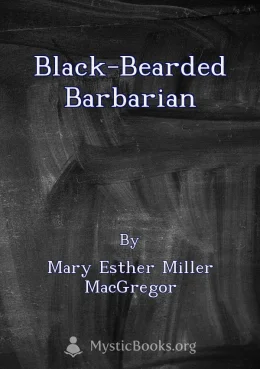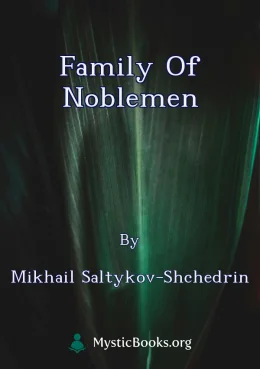
The Psychology of Revolution
'The Psychology of Revolution' Summary
Gustave Le Bon’s The Psychology of Revolution delves into the psychological forces that drive revolutionary movements, particularly emphasizing the role of collective behavior and crowd psychology. Le Bon argues that revolutions are driven more by emotion, impulse, and subconscious influence than by rational planning. When individuals become part of a crowd, he suggests, they lose their individuality and become vulnerable to the emotional sway of the group, leading to heightened susceptibility to suggestion and often irrational behavior.
In his analysis, Le Bon focuses on how charismatic leaders and skilled orators can manipulate crowds, sparking dramatic and often violent social transformations. He uses the French Revolution as a primary case study to illustrate how crowds act on collective emotional impulses, which he sees as leading to destructive outcomes rather than productive change. Le Bon is generally skeptical of the outcomes of revolutions, seeing them as events that generate disorder and irrationality more than genuine progress.
Book Details
Language
EnglishOriginal Language
EnglishPublished In
1894Authors

Gustave Le Bon
United Kingdom
Charles-Marie Gustave Le Bon was a leading French polymath whose areas of interest included anthropology, psychology, sociology, medicine, invention, and physics. He is best known for his 1895 work Th...
Books by Gustave Le BonDownload eBooks
Listen/Download Audiobook
Unfortunately, no Audiobooks/Narrations exist for this book, yet...
Related books

Bible (YLT) 10: 2 Samuel by Young's Literal Translation
The Second Book of Samuel, presented through Young's Literal Translation, offers a nuanced and detailed account of King David's reign over Israel. It...

Emancipation of South America by Bartolomé Mitre
This book delves into the epic struggle for South American independence, focusing on the lives and campaigns of the key figures, particularly José de...

Black-Bearded Barbarian by Mary Esther Miller MacGregor
This fictionalized biography chronicles the life and work of George Mackay, a Presbyterian missionary who dedicated his life to evangelizing and servi...

Manifest der Kommunistischen Partei by Karl Marx
Karl Marx und Friedrich Engels schrieben ihr Manifest im Dezember 1847, als Leitfaden fuer die grundsaetzlichen Prinzipien und Praktiken des Kommunism...

Fathers and Sons by Ivan Turgenev
**Fathers and Sons** is a seminal Russian novel by Ivan Turgenev, first published in 1862. The novel explores the growing divide between the liberal a...

The Chronicles of America Volume 11 - Eve of the Revolution by Carl L. Becker
Step into the tense and dramatic atmosphere of pre-Revolution America in "Eve of the Revolution," Volume 11 of "The Chronicles of America" series, as...

Captain William Kidd And Others Of The Buccaneers by John Stevens Cabot Abbott
In John Stevens Cabot Abbott's "Captain William Kidd And Others Of The Buccaneers," you'll meet the infamous Captain William Kidd, sail alongside the...

Anarchy by Errico Malatesta
This book presents a comprehensive analysis of anarchism, a political philosophy that advocates for the abolition of all forms of government and the e...

Women of Achievement by Benjamin Griffith Brawley
'Women of Achievement' by Benjamin Griffith Brawley, published in 1919 by the American Women's Baptist Home Mission Society, is a collection of short...

Family of Noblemen by Mikhail Saltykov-Shchedrin
Mikhail Saltykov-Shchedrin's *Family of Noblemen* offers a scathing critique of Russian society during the tumultuous period surrounding the emancipat...
Reviews for The Psychology of Revolution
No reviews posted or approved, yet...